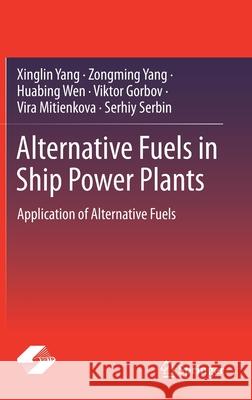Alternative Fuels in Ship Power Plants: Application of Alternative Fuels » książka
topmenu
Alternative Fuels in Ship Power Plants: Application of Alternative Fuels
ISBN-13: 9789813348493 / Angielski / Twarda / 2021 / 168 str.
Alternative Fuels in Ship Power Plants: Application of Alternative Fuels
ISBN-13: 9789813348493 / Angielski / Twarda / 2021 / 168 str.
cena 261,02
(netto: 248,59 VAT: 5%)
Najniższa cena z 30 dni: 250,57
(netto: 248,59 VAT: 5%)
Najniższa cena z 30 dni: 250,57
Termin realizacji zamówienia:
ok. 16-18 dni roboczych.
ok. 16-18 dni roboczych.
Darmowa dostawa!
Kategorie:
Kategorie BISAC:
Wydawca:
Springer
Język:
Angielski
ISBN-13:
9789813348493
Rok wydania:
2021
Wydanie:
2021
Ilość stron:
168
Waga:
0.43 kg
Wymiary:
23.39 x 15.6 x 1.12
Oprawa:
Twarda
Wolumenów:
01
Dodatkowe informacje:
Wydanie ilustrowane











